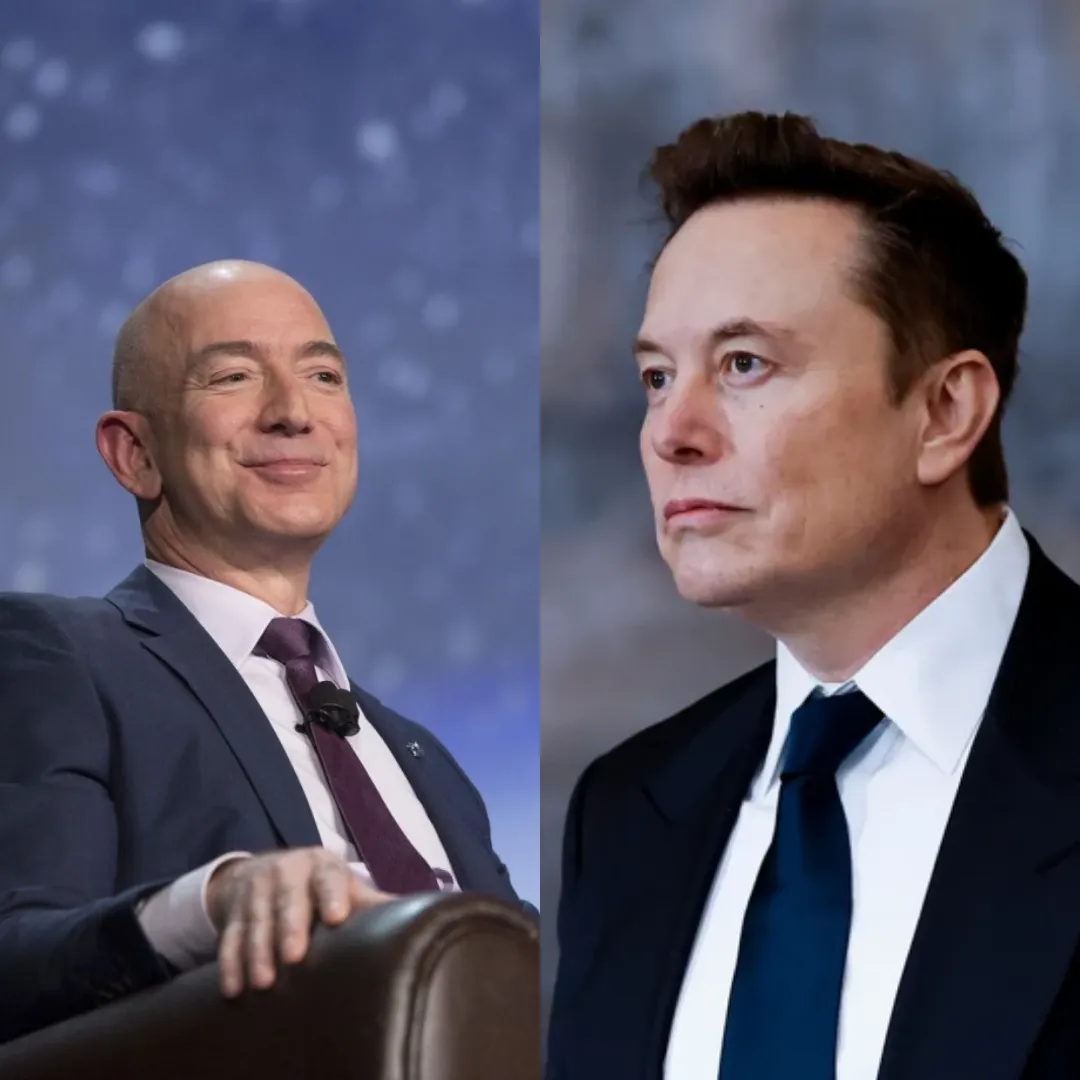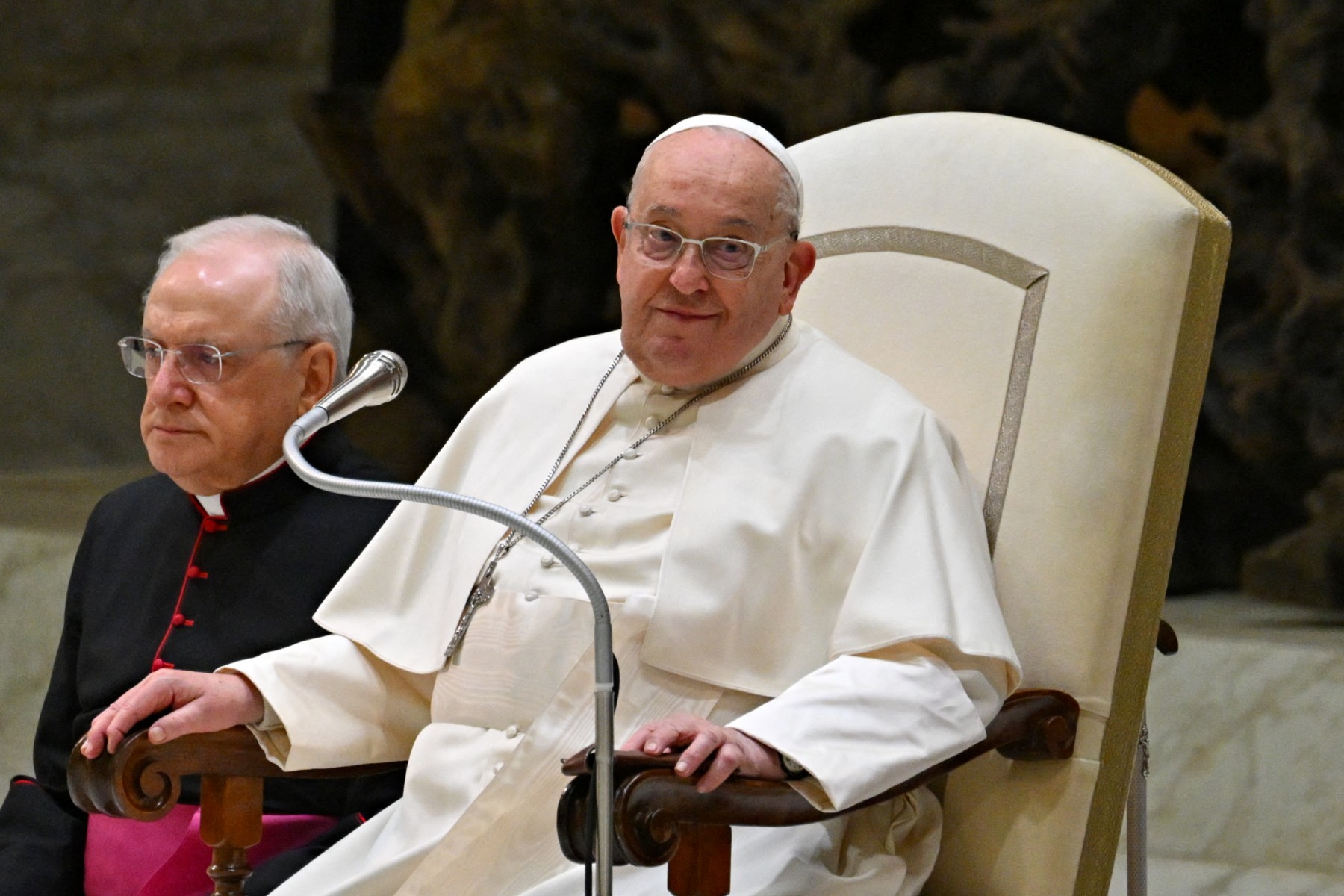
Pope Francis, the first Latin American pope and the 266th head of the Roman Catholic Church, passed away on April 21, 2025, after suffering a sudden stroke and cardiac arrest. He died at the Domus Sanctae Marthae, the Vatican guesthouse, at the age of 88.
The news of his death sent shockwaves through the Catholic community and beyond, as Pope Francis had become a beloved figure not just in the Vatican, but around the world. His leadership, humility, and commitment to social justice left a lasting legacy, and his passing marks the end of an era for the Catholic Church.
The events leading up to Pope Francis’s death unfolded quickly. On Easter Sunday, April 20, Pope Francis made a public appearance in St. Peter's Square, blessing the crowds in his traditional Popemobile. He also had a meeting with U.S.
Vice President JD Vance on the same day, which appeared to be a routine diplomatic engagement. However, the following morning, Pope Francis suffered a stroke, which led to his heart stopping. Despite efforts to resuscitate him, the Pope passed away early that morning, leaving the world in mourning. His sudden death was especially shocking, as he had been seen just hours earlier, performing his public duties as usual.
Pope Francis had faced a number of health issues in recent years, including pneumonia and chronic conditions such as hypertension and type 2 diabetes. In February 2025, he was hospitalized for pneumonia and underwent treatment for 38 days. After being discharged, he continued to recover at the Vatican before his sudden death.
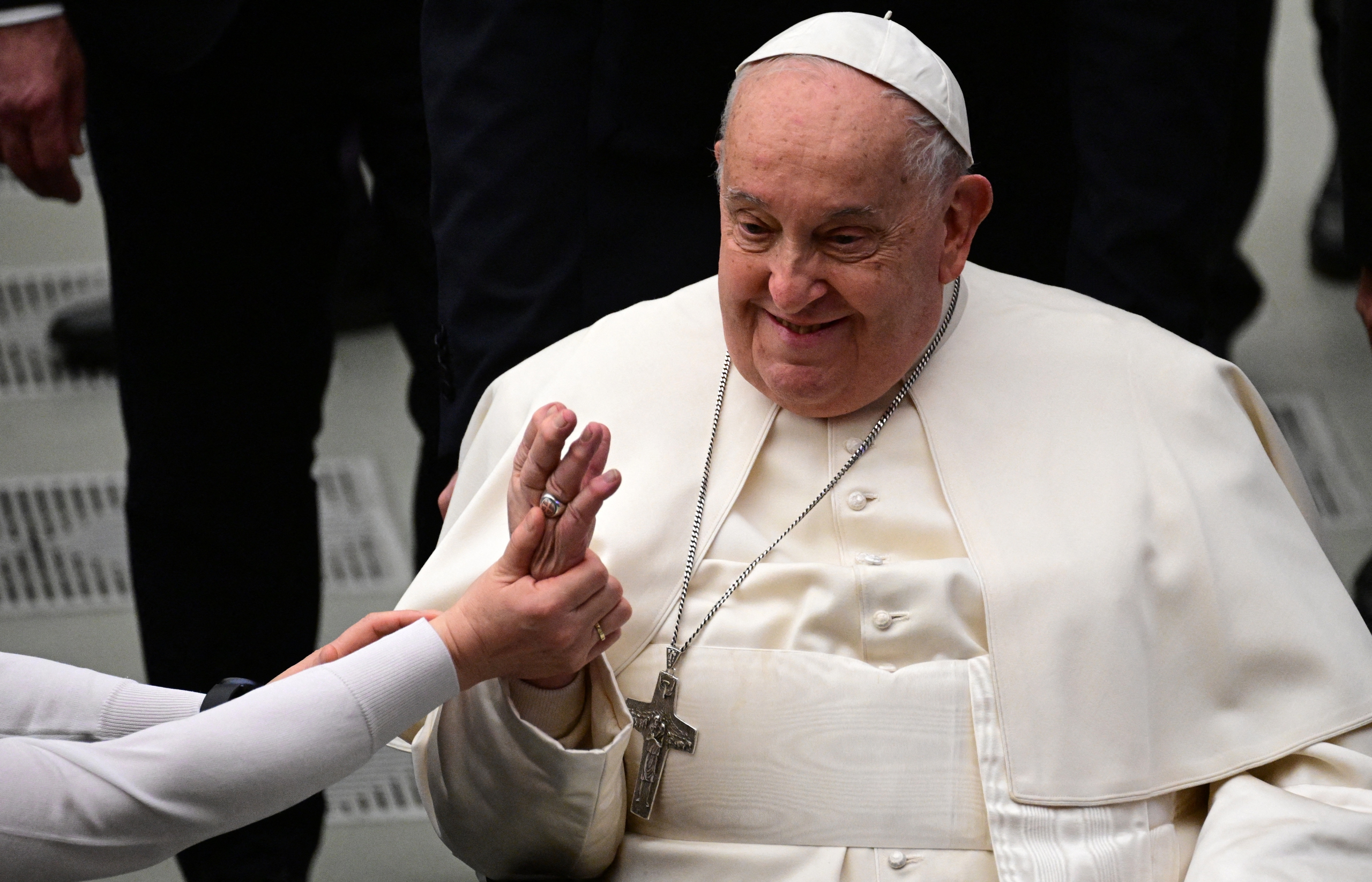
Despite these health struggles, Pope Francis remained active in his leadership role, frequently meeting with world leaders, guiding the Church’s direction, and speaking on matters of social justice, climate change, and interfaith dialogue. His death, therefore, was a shock not only due to its suddenness but because of his relatively recent public appearances and continued involvement in the global conversation.
Following his death, the Vatican announced the funeral arrangements and outlined plans for his burial. In accordance with his wishes, Pope Francis will be buried at the Basilica di Santa Maria Maggiore in Rome, rather than at the traditional burial site in St. Peter's Basilica.
His funeral is expected to take place within four to six days, with a conclave scheduled to elect his successor within 15 to 20 days. This marks the beginning of a new chapter for the Catholic Church, as cardinals and religious leaders from around the world prepare to gather in Rome to choose a new pope.
The news of Pope Francis’s passing has drawn an outpouring of condolences from leaders around the world. U.S. President Donald Trump, Argentina’s President Javier Milei, and Brazilian President Luiz Inácio Lula da Silva were among the many heads of state to express their grief and respect for the Pope.
President Milei declared a seven-day national mourning period in Argentina in honor of Pope Francis, highlighting the deep connection he had with his home country and Latin America as a whole. The Pope’s leadership and his messages of hope, peace, and compassion resonated far beyond the Catholic community, making his death a global event.
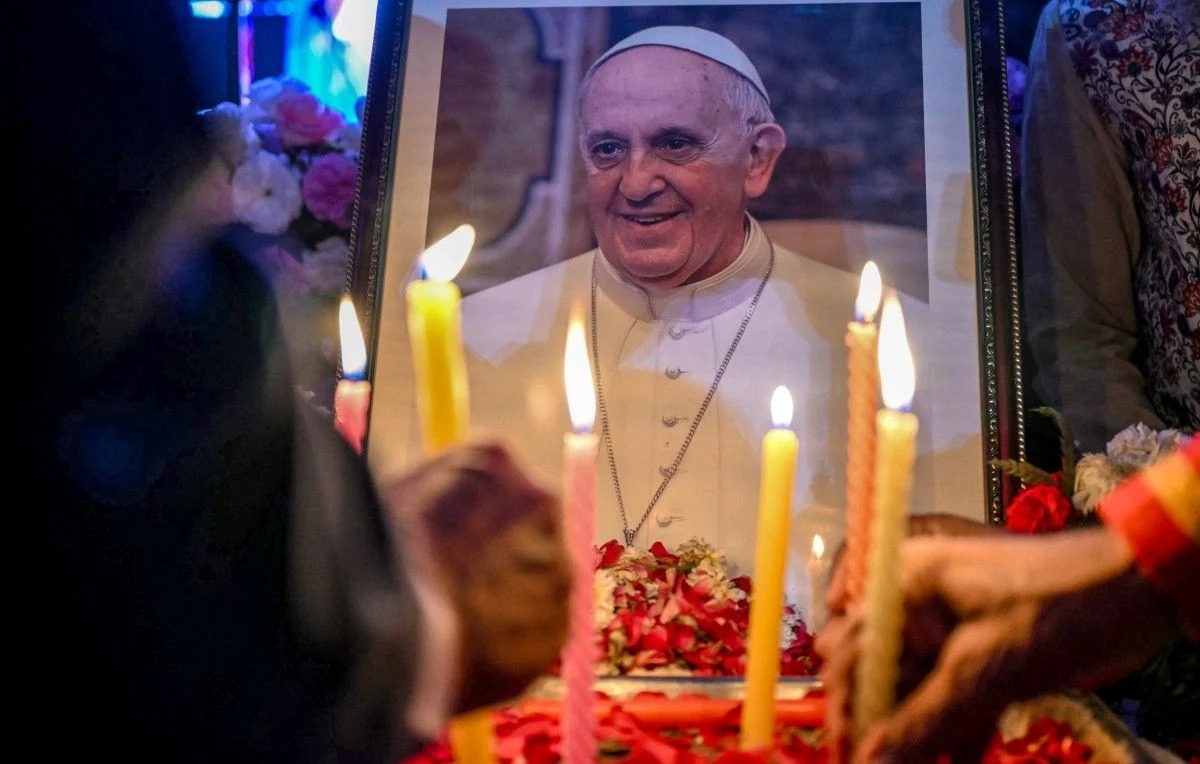
Pope Francis was known for his down-to-earth leadership style, his focus on social justice, and his tireless advocacy for the poor and marginalized. He sought to reform the Catholic Church by emphasizing dialogue among religions, defending the rights of migrants, and speaking out on environmental issues. His focus on climate change and economic inequality, combined with his calls for greater inclusivity within the Church, made him a transformative figure.
However, his tenure was not without criticism. Some argued that he had not gone far enough in implementing reforms within the Church, particularly in addressing sexual abuse scandals and expanding the role of women within the clergy. Nevertheless, Pope Francis’s legacy is one of compassion, humility, and a deep commitment to the welfare of the world’s most vulnerable populations.
In the wake of his passing, the Catholic Church faces a critical moment of transition. The selection of a new pope will be a defining moment for the Church, as the next leader will have to navigate the challenges that Pope Francis left behind, including continued calls for reform, addressing the role of women in the Church, and expanding interfaith dialogue.
The upcoming conclave, in which cardinals from around the world will gather to elect the next pope, will be watched closely by millions of Catholics and religious observers. The Church will need a leader who can continue to advance the ideals that Pope Francis championed, while also addressing the new challenges the Church faces in a rapidly changing world.
Pope Francis’s passing also serves as a reminder of the human limitations of even the most revered leaders. His death, though expected at some point given his age and health issues, underscores the fact that leadership within the Church is, at its core, a human endeavor. Pope Francis was not just a spiritual leader but also a political figure with global influence.
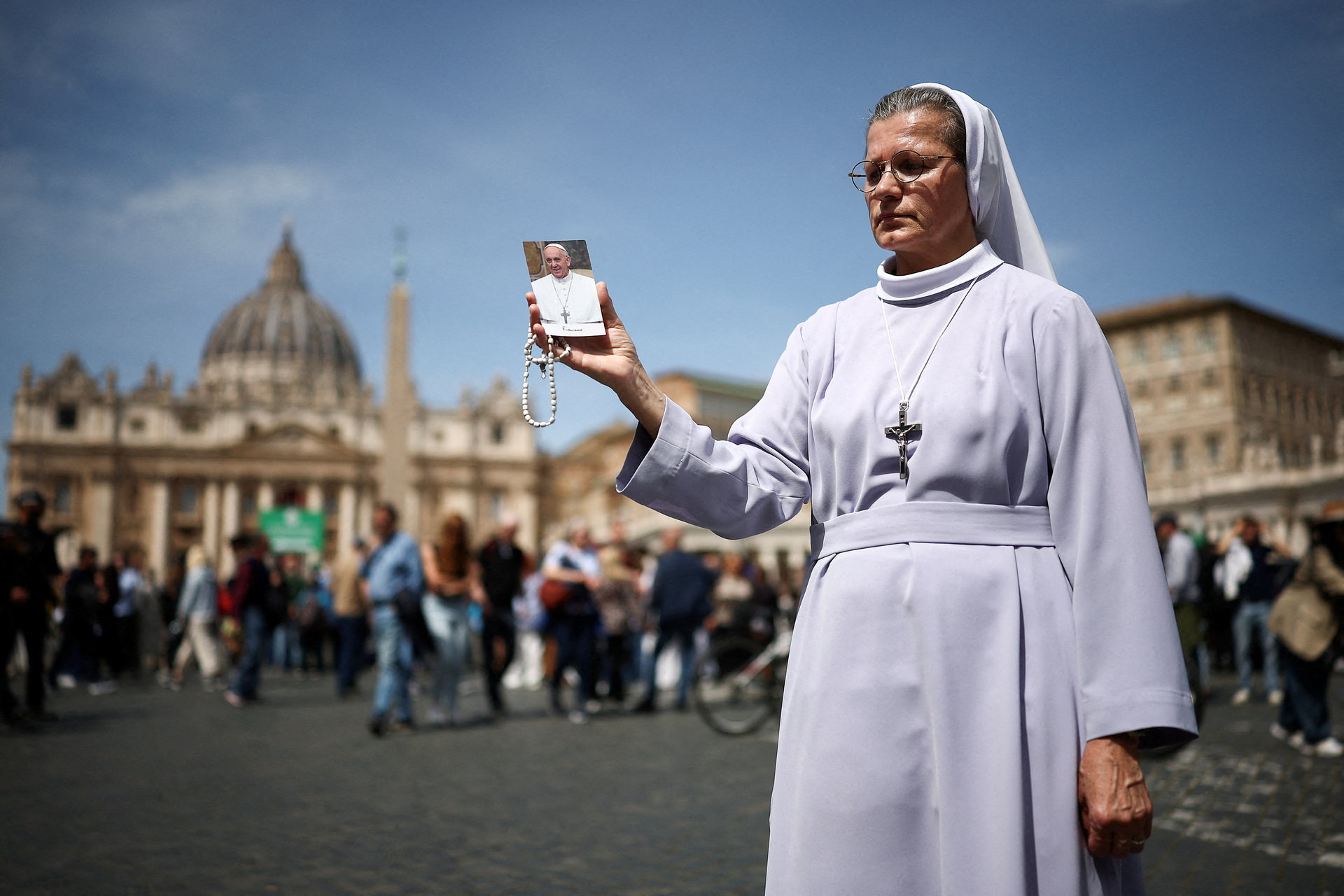
His presence on the world stage helped guide debates on issues like migration, environmental justice, and the role of faith in an increasingly secular world. His loss leaves a vacuum that will be hard to fill, both within the Catholic Church and on the global stage.
As the world prepares for the funeral and the election of a new pope, Pope Francis’s legacy will be remembered for his emphasis on mercy, dialogue, and compassion. His focus on the marginalized, the poor, and the oppressed created a compassionate and inclusive vision for the Catholic Church. His leadership will be remembered for bringing the Church closer to the people, and for using his position to advocate for the most vulnerable members of society.
While Pope Francis’s death marks the end of an era, his legacy will live on through the millions of lives he touched during his papacy. His influence on the Catholic Church and on global issues like climate change, economic inequality, and interfaith dialogue will continue to inspire future generations. As the Church moves forward and begins the process of selecting a new pope, the values and principles that Pope Francis championed will serve as a guide for those who continue his work.
In conclusion, the passing of Pope Francis marks the end of a transformative era for the Catholic Church and the world. His leadership, compassion, and commitment to social justice will be remembered by those who followed him.
The future of the Church now rests in the hands of the cardinals who will elect the next pope, and it remains to be seen how they will carry forward the vision Pope Francis set in motion. What is clear, however, is that his impact will continue to resonate long after his death, shaping the future of both the Church and the broader global conversation on social and environmental issues.


